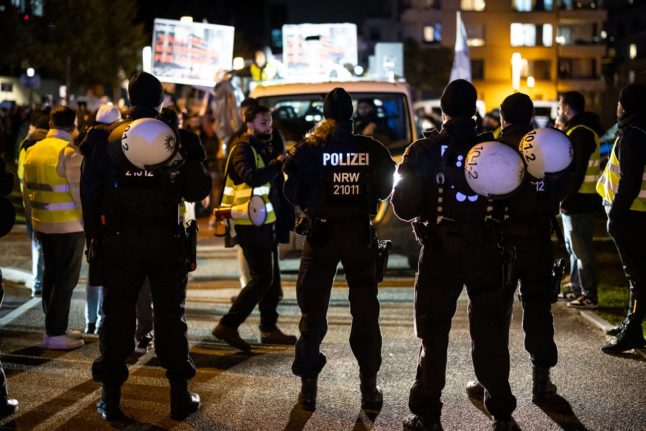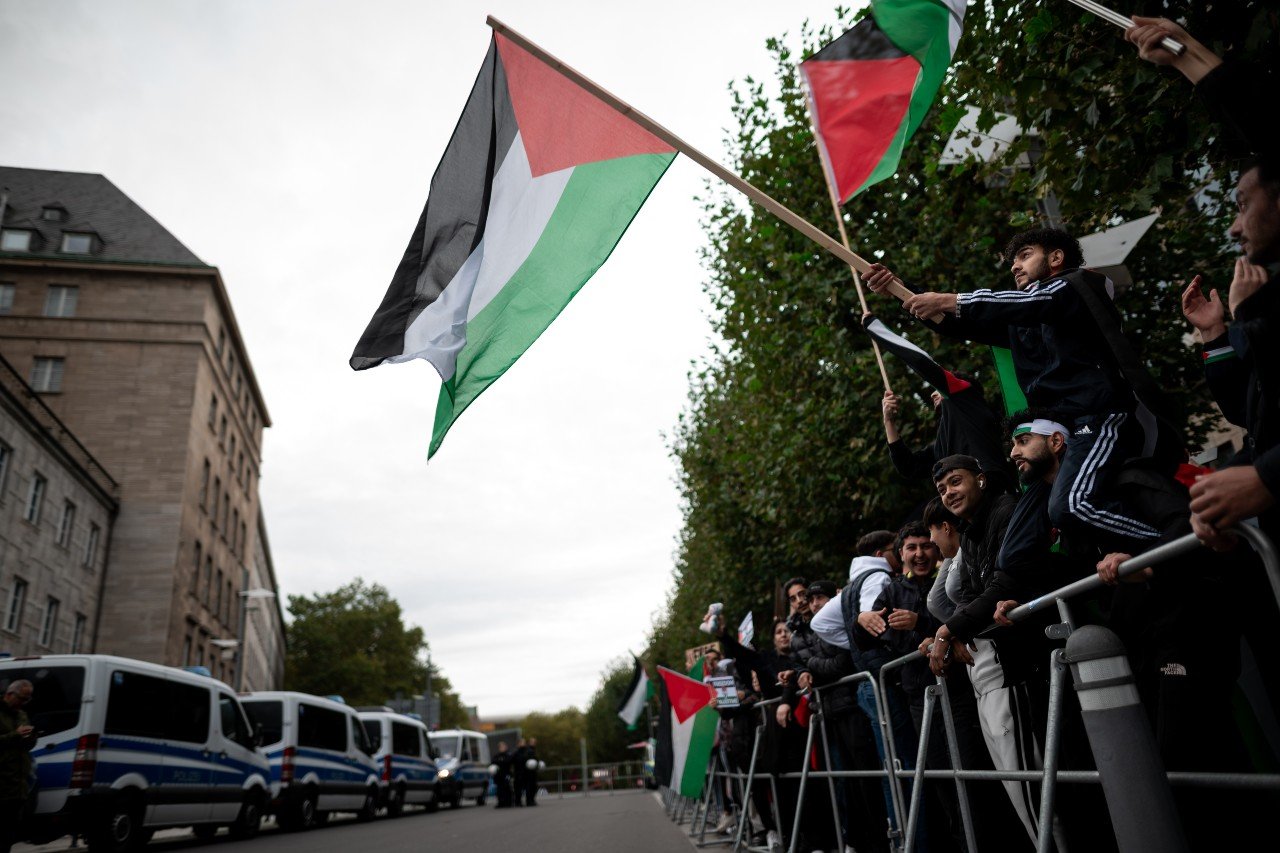In a development described by a Catholic members’ group as a “serious crisis”, 522,821 people turned their backs on the Church in 2022, with the strife-racked Cologne diocese — Germany’s largest — the hardest hit.
It was the largest number to walk away from the Church in a single year, topping the previous high of 359,338 set in 2021.
By the end of 2022, 24.8 percent of the EU’s largest nation was registered as Catholic, with some 20.9 million members.
Irme Stetter-Karp, president of the Central Committee of German Catholics, called the figures “sad if not very surprising”.
Noting that the Church had squandered a lot of “trust” with rampant molestation of children by priests, she said the Church would have to work hard to return the faithful to the flock.
The Church “is not being decisive enough in implementing visions for a future of being Christian”, Stetter-Karp criticised in a statement.
“People leaving the Church is a sign of a serious crisis and a push for change.”
READ ALSO: ‘Historic break’: Church-goers now a minority in Germany
Georg Bätzing, head of the German Bishops’ Conference, said the Church was on a path of reform and urged members “not to be discouraged”.
The Protestant Church in Germany counted some 19.1 million members at the end of 2022, with some 380,000 people leaving last year.
Germany’s Catholic Church has been rocked by a long series of allegations of predatory priests abusing children and youths in their congregations.
READ ALSO: German Catholics challenge Vatican with sweeping reform drive
A study commissioned by the German Bishops’ Conference in 2018 concluded that 1,670 clergymen had committed some form of sexual attack against 3,677 minors between 1946 and 2014.
The real number of victims is thought to be much higher.
On Tuesday, German investigators staged raids in the archdiocese of Cologne in a perjury probe against its Cardinal Rainer Maria Wölki linked to media coverage of the Church’s sex abuse scandals.




 Please whitelist us to continue reading.
Please whitelist us to continue reading.
Still slow, but going better.
It is not just about sex scandals. People is opening eyes.